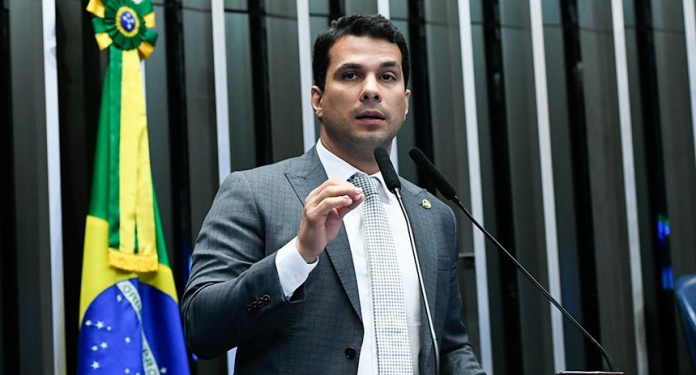Senate President Davi Alcolumbre (União-AP) intends to vote on Bill 2234/22 this semester, which legalizes, among other modalities, land-based casinos. The information comes from the rapporteur, Senator Irajá (PSD-TO), who disclosed it to journalists at a meeting this Thursday (8).
Since June of last year, the project has already been approved, despite the tight score, in the Senate’s Constitution and Justice Committee (CCJ). At the time, Alcolumbre still occupied the presidency of the committee.
Irajá stated that the proposal already has majority support, but talks between the government and Congress are ongoing. According to the senator, discussions are ongoing with the Treasury, Planalto and the Ministries of Tourism and Development, Industry, Commerce and Services (MDIC).
Project authorizes games such as casinos, bingo and horse betting
The bill authorizes the operation of several types of gambling in Brazil, such as casinos, jogo do bicho, bingo and horse betting. In addition, it establishes the incidence of the Economic Domain Intervention Contribution for Games (CIDE-Jogos).
According to the decision, with a rate of 17% on revenue earned from gaming operations. Regarding Corporate Income Tax (IRPJ), a rate of 20% will be levied on net prizes obtained.
A survey conducted in April this year by DataSenado based on the opinions of 44 million Brazilians showed that 60% of the population is in favor of legalizing gambling. Furthermore, 75% consider the current ban ineffective. It is based on this data that Senator Irajá intends to seek consensus within the Senate to approve the measure.
Some opposition senators have spoken out against the measure, such as Eduardo Girão (Novo-CE) and Marcos Rogério (PL-RO). The main argument against it is the risk of an increase in cases of gambling addiction (gambling addiction) and money laundering.
The project has already been analyzed by the Chamber and now depends on the decision of the President of the Senate to schedule it in plenary.




